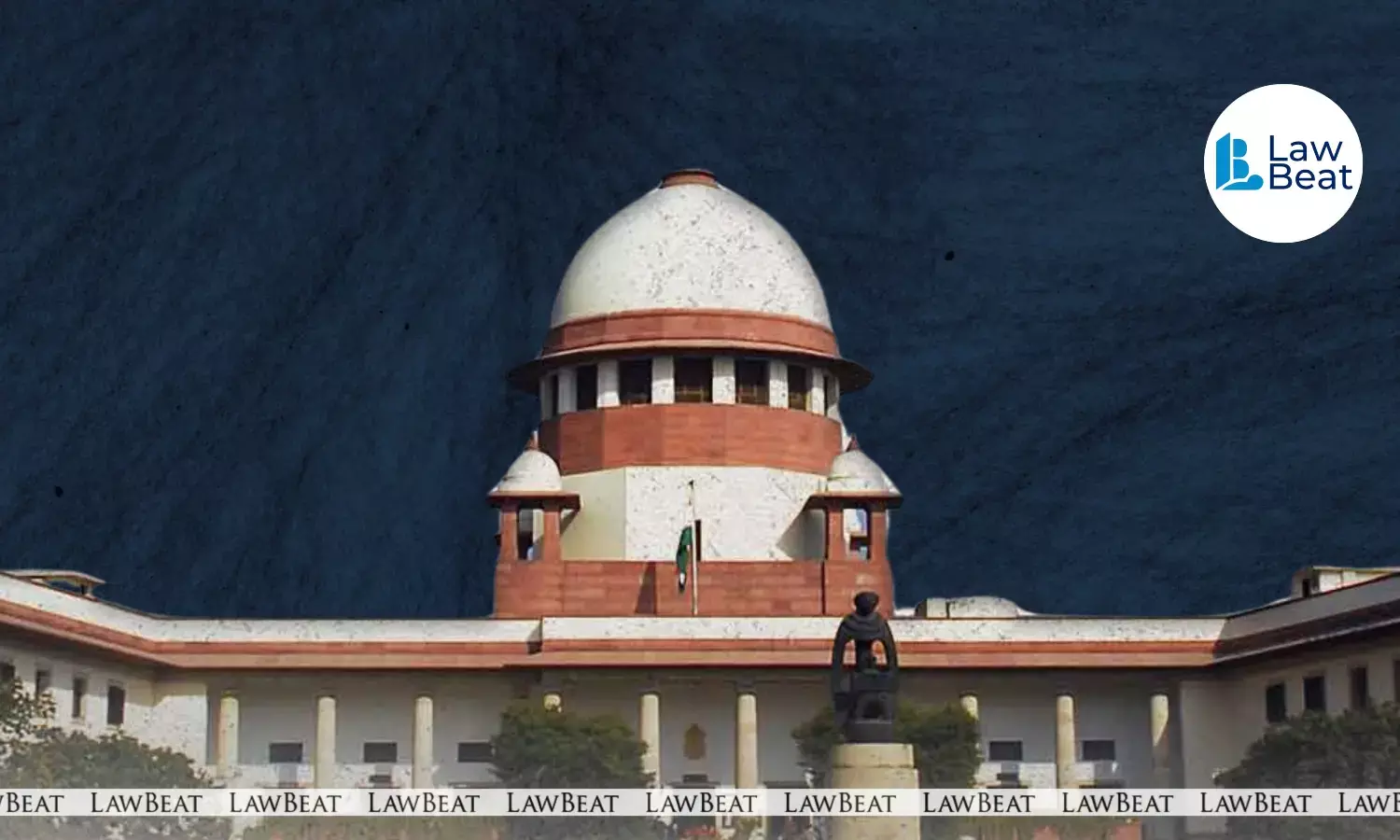Supreme Court Issues Notice to Election Commission on Plea Seeking Regulation of Political Parties

The Supreme Court on Monday issued notice to the Election Commission of India (ECI) on a plea seeking comprehensive rules for the registration and regulation of political parties amid their unchecked proliferation across the country.
The Bench of Justices Surya Kant, Ujjal Bhuyan, and Joymalya Bagchi was hearing a Public Interest Litigation (PIL) filed by Advocate Ashwini Upadhyay, who appeared in person.
The petition seeks directions to the ECI to ensure greater transparency and accountability in the functioning of political parties.
During the hearing, Justice Surya Kant observed that the petition raised “very meaningful prayers,” noting that the issue merited consideration.
Additional Solicitor General (ASG) K.M. Nataraj, appearing for the Union of India, submitted that he would seek instructions from the ECI on the concerns raised.
The Bench remarked, “Unless there is a very strong impediment, we would like to issue directions,” while emphasizing the need for a considered response from the Election Commission.
Taking note of the petitioner’s suggestion to issue notice to the ECI, the Court directed that notice be served in the interlocutory application (IA No. 240790 of 2025). The matter will now be taken up for further consideration on a later date.
The PIL has also sought directions to the Union Government to take effective measures to curb the menace of corruption, casteism, linguism, regionalism, communalism, and criminalisation in public life. The petitioner, Advocate Ashwini Kumar Upadhyay relies on recent Income Tax raids to highlight the urgency of reforms. On July 13, 2025, raids on the offices of two parties; Indian Social Party and Yuva Bharat Atma Nirbhar Dal, allegedly unearthed black money to the tune of ₹500 crore. According to the plea, these entities were created solely to accept donations in cash through hawala channels and return the money via cheque after deducting a 20% commission. A news report from Dainik Bhaskar has been annexed to the petition as evidence.
The petitioner contends that nearly 90% of registered political parties never contest elections but operate merely as conduits for money laundering. The plea alleges that some office bearers of these entities have criminal backgrounds, including drug trafficking, land mafia operations, kidnappings, and even serious offences like rape and contract killings, yet manage to gain police protection under the guise of politics.
According to the petition, bogus parties exploit political recognition to project legitimacy. Their office bearers allegedly flaunt SUVs with hooters and oversized nameplates, living off black money while posing as public leaders. “All this is happening only because there is no comprehensive law to regulate the functioning of political parties,” the PIL submits.
The plea underlines that political parties enjoy significant constitutional status and wield enormous powers under the Tenth Schedule. They can bind legislators to party whips, recommend disqualification of members, and effectively control lawmaking and governance. Yet, unlike companies, cooperatives, trusts, or even religious institutions, parties remain outside any robust regulatory framework.
While Section 29A of the Representation of the People Act (RPA) requires registration, and Section 29C mandates disclosure of donations above Rs. 20,000, there is no law governing their internal democracy, funding transparency, or accountability. Parties enjoy substantial indirect state financing, including free airtime on All India Radio and Doordarshan, tax exemptions under Section 13A of the Income Tax Act, subsidised accommodation, and free copies of electoral rolls. “Despite being substantially funded by the State and performing crucial public functions, political parties escape accountability,” the petitioner argues, stressing that they must be treated as “public authorities” within the meaning of law.
The PIL contends that political parties not only decide the fate of candidates in State Assemblies and Parliament but also influence the election of the President, Vice President, and Chief Ministers. In the absence of statutory regulation, they remain unaccountable despite holding decisive power in India’s constitutional framework.
Citing comparative examples from other democracies where party regulation is mandated by law, the petition stresses the need for inner-party democracy, term limits for leadership, transparent funding norms, and penalties for violations.
Case Title: Ashwini Kumar Upadhyay v. Union of India & Ors.
Hearing Date: November 3, 2025
Bench: Justices Surya Kant, Ujjal Bhuyan, and Joymalya Bagchi
